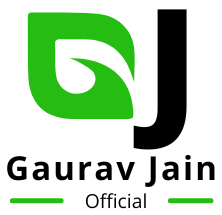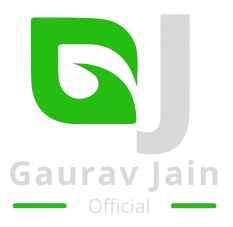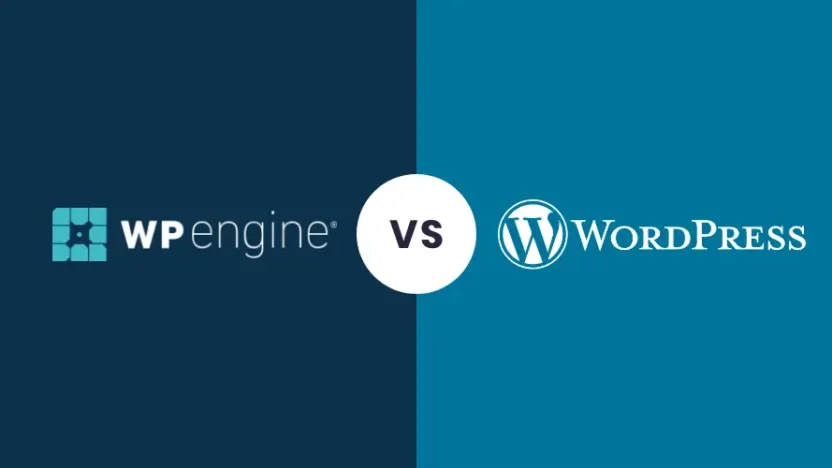In late 2024, a significant dispute erupted between Automattic, the company behind WordPress.com, and WP Engine, a prominent managed WordPress hosting provider. This conflict has profound implications for the WordPress community, raising questions about open-source governance, trademark usage, and the dynamics between commercial entities within the ecosystem.
Background: WordPress.com and WP Engine
WordPress.com, operated by Automattic, offers a hosted version of the open-source WordPress software, providing users with an all-in-one platform to create and manage websites. In contrast, WP Engine specializes in managed WordPress hosting, delivering optimized environments for users who prefer self-hosted WordPress installations with enhanced performance, security, and support.
Genesis of the Dispute
The conflict began in September 2024 when Matt Mullenweg, co-founder of WordPress and CEO of Automattic, publicly criticized WP Engine during a WordCamp US 2024 presentation. He accused WP Engine of insufficient contributions to the WordPress open-source project, despite profiting from its ecosystem. Mullenweg went as far as labeling WP Engine a “cancer to WordPress” and urged the community to boycott its services.
Escalation and Legal Actions
In response to Mullenweg’s remarks, WP Engine issued a cease-and-desist letter, demanding a retraction and cessation of what they termed defamatory statements. Automattic countered with its own cease-and-desist, alleging that WP Engine was infringing on WordPress and WooCommerce trademarks by using them in marketing without proper authorization.
The situation intensified when WordPress.org, overseen by the WordPress Foundation (also led by Mullenweg), restricted WP Engine’s access to its resources. This move hindered WP Engine’s ability to access essential updates and plugins, directly impacting their services. In retaliation, WP Engine filed a lawsuit against Automattic and Mullenweg on October 3, 2024, accusing them of extortion, abuse of power, and defamation.
Key Issues at Stake
- Trademark Usage and Licensing: Automattic contends that WP Engine’s use of the “WordPress” and “WooCommerce” trademarks in its marketing materials constitutes infringement, especially without paying licensing fees. WP Engine argues that its usage aligns with established community guidelines and reflects the open-source nature of the platform.
- Contributions to Open Source: Mullenweg’s critique centers on the belief that WP Engine benefits disproportionately from the WordPress ecosystem without making commensurate contributions, either financially or through code. This raises broader questions about the responsibilities of commercial entities profiting from open-source projects.
- Control and Governance: The dispute highlights tensions regarding who holds authority within the WordPress ecosystem. Mullenweg’s dual roles in Automattic and the WordPress Foundation have prompted discussions about potential conflicts of interest and the centralization of decision-making power.
Community and Legal Repercussions
The feud has led to divisions within the WordPress community. Some developers and users support Mullenweg’s stance on maintaining the integrity and sustainability of the open-source project. Others view Automattic’s actions as overreach, potentially stifling competition and innovation.
Legally, the case has seen significant developments. In December 2024, a California District Court judge issued a preliminary injunction directing Automattic to cease blocking WP Engine’s access to WordPress.org resources, acknowledging the potential harm to WP Engine’s business operations.
Implications for the Future
This dispute underscores the complexities inherent in open-source ecosystems where commercial interests intersect with community-driven projects. It raises critical questions about how such projects should be governed, how trademarks should be managed, and what obligations companies have when monetizing open-source software.
As the legal proceedings continue, the outcomes may set precedents affecting how businesses engage with open-source communities, potentially influencing policies on contributions, trademark usage, and the balance between commercial success and community values.
Conclusion
The conflict between Automattic and WP Engine serves as a pivotal moment for the WordPress ecosystem. It highlights the need for clear guidelines and mutual understanding between open-source projects and the commercial entities that build upon them. The resolution of this dispute will likely have lasting effects on the future collaboration and governance within the WordPress community and beyond.





